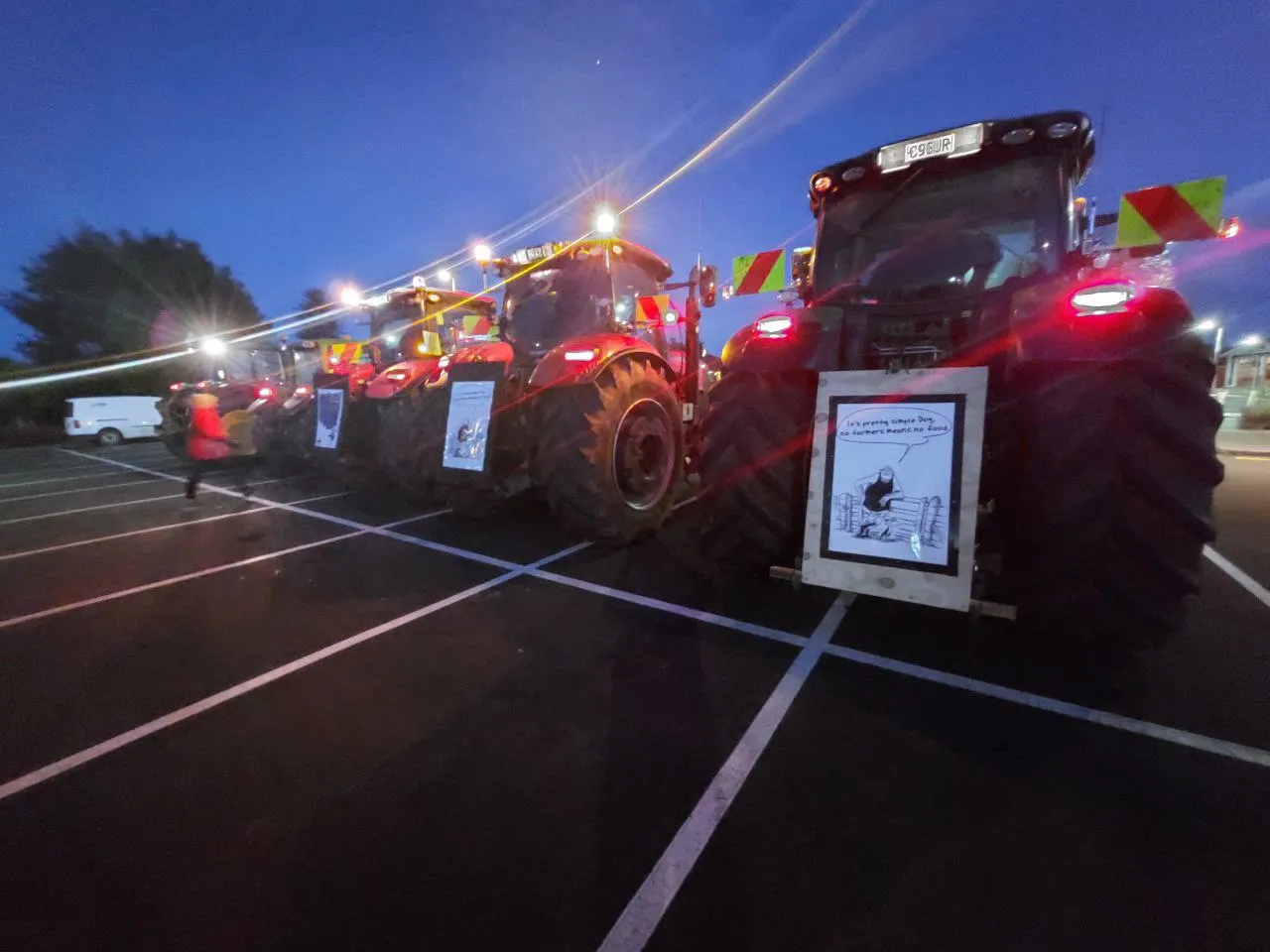Table of Contents
Bryce Edwards
Political Roundup
Writing in Stuff newspapers yesterday, centre-right political commentator Ben Thomas asks how much impact the protests will have on the Labour Government:
“The demonstrations, in themselves, will not cause the Beehive undue worry. The makeup of the protests (however well attended) suggested few disgruntled Labour voters. And the question of how the organisers, after a logistically impressive first effort, can maintain momentum remains up in the air”
– see: Will a winter of discontent prove glorious summer for Judith Collins. But Thomas concludes that other Government reforms might also start to bite.
Other commentators believe Labour have a lot to lose if they ignore the messages from the protests. In Claire Trevett’s column (cited above), she says that although Labour might hope that the public see the farmers as cranks, this isn’t necessarily happening. What’s more, the farmers might just be the first part of society to start revolting against the Government’s bigger reforms:
“Labour has stood accused of failing to deliver in some policy areas, most notably housing and transport. But it is driving ahead with major reforms programmes in almost every sphere of government – and local government. That is now starting to have a cumulative effect. The farmers are simply the first to break.”
Similarly, Kerre McIvor suggests Labour would be “very foolish” to ignore these protests, and she draws a comparison with the “nanny state” messages, especially over the “shower regulations” that helped bring to an end Helen Clark’s government.
For a similar argument in more detail, see Karl du Fresne’s prediction of a provincial backlash where at the next election Labour loses the blue seats it won when the red-tide swept through at last year’s contest: An early prediction for 2023.
The Otago Daily Times’ Mike Houlahan also says Labour should be very concerned about the farmer protests:
“the party would be wise not to ignore these rumblings of discontent. The mood of unity engendered by the ‘team of five million’ was never going to endure, but phenomena like Groundswell chip away at the carefully nurtured popularity of the prime minister, and given there are two years before the next election that offers ample time for Labour’s regional party vote to be erode”
– see: Labour cannot afford to ignore rural concerns.
Houlahan points to a dangerous tendency of Government ministers to be dismissive of rural concerns, which was epitomised by Climate Change Minister James Shaw dismissing the Groundswell protester organisers as “a group of Pakeha farmers from down south who have always pushed back against the idea that they should observe any kind of regulation about what they can do to protect the environmental conditions on their land”. Houlahan suggests that this comment has only helped drive rural concerns about the orientation of the Beehive, and he argues that Labour can’t afford to be as flippant as Shaw.
The Herald’s David Fisher has also reported on the protests, arguing that Shaw’s words against the protestors have “deepened the divide” between farmers and the Government.
– see: Howl of a Protest as town and country talk past each other (paywalled).
He also argues that Labour isn’t persuading these rural voters about its reforms:
“What it signals, though, is that The Great Communicator – Prime Minister Jacinda Ardern – really needs to work on her communication, or have her Cabinet do so.”
And for another example of how Labour’s dismissive attitude to farmers could alienate rural votes – see the rather patronising blog post by party activist Greg Presland on the pro-Government blog The Standard: Mother Nature gives Groundswell NZ the middle finger. In this, he portrays the recent protest as just a “grumpy” National Party attempt to “disrupt” the country, saying that the farmers just “need to get over it”.
So, what happens next? Officially, the Groundswell protest organisers have given the Government a month to respond to their demands. After that, more protest action is planned. For a useful report on what this might involve, it’s worth reading a media report from one of the early organisational meetings – see Natasha Holland’s Is anyone actually listening to the farmers?.
In this, other protest actions are discussed:
“some farmers may boycott rates and or not apply for resource consents”. A mention is made of the 1978 “Bloody Friday”, “when farmers, in protest, ran 1300 ewes down Dee St, Invercargill, before slaughtering them on a Victoria Ave section.”
Finally, for some poetry about the politics of the apparently growing urban-rural divide, see Victor Billot’s An ode for the farmers’ protest.
Please share so others can discover The BFD.









